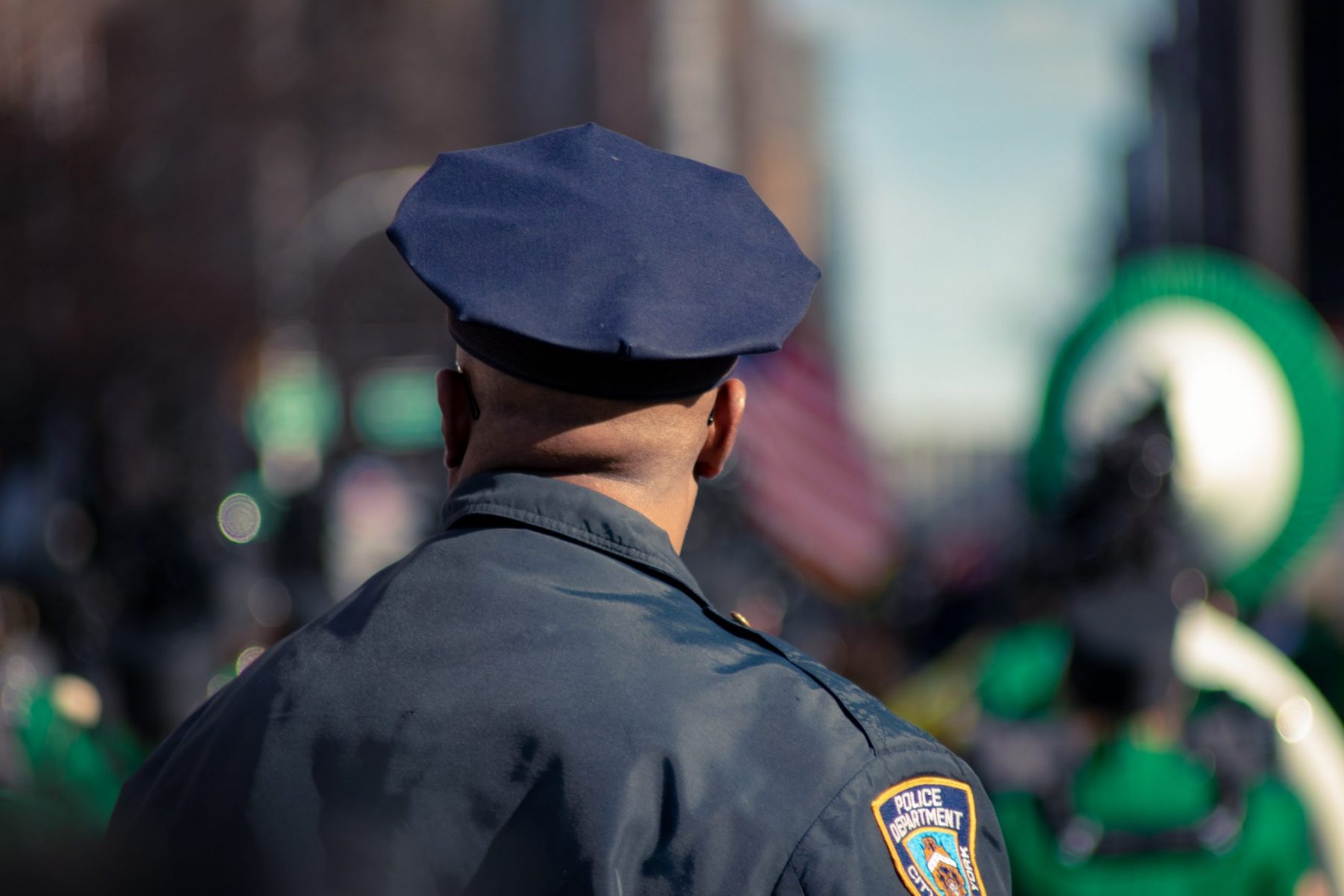Since the very beginning of the Black Lives Matter protests, activists have been asking for a new normal — a normal where everyone is treated fairly and justly by the people who have vowed to protect us.
From abolishing the police to incorporating more de-escalation tactics during police training, protesters are calling for the U.S. government to reform a broken system. Defunding the police is one potential solution that’s often mentioned.
So what exactly does defunding the police mean?
Defunding the police doesn’t mean eradicating them. It means reducing police budgets and investing taxpayer dollars into education, public health, housing and youth services. Advocates for defunding the police say the government should put money in things that reduce and prevent crime from happening in the first place.
Government entities that focus on youth services and education can be used as a haven for children in communities who are introduced to crime early on in life — early intervention while they’re still in their developmental years.
More resources and education correlate with less crime. In a report conducted by the Obama administration’s Council of Economic advisors, research showed that “a 10 percent increase in wages for non-college-educated men results in approximately a 10 to 20 percent reduction in crime rates.”
Increased Mental Health Resources
For those suffering from mental illness who may not have access to therapists in their area, defunding the police could be a lifesaver.
According to the Treatment Advocacy Center, it’s estimated 21% of an officer’s time is spent transporting and responding to people with mental illness. Law enforcement, however, is generally not equipped to effectively deal with people with mental illnesses.
Individuals working in social work are far more educated on handling domestic violence as well. It takes about 3,200 hours of field work to become a clinical social worker in the United States. It only takes about 880 hours of training to become a cop, with the majority of their time dedicated to combat and weapon training.
If your dog had behavioral issues, would you call the pound instead of an animal behavioral specialist? Probably not. So why would you call the police on a mentally ill individual instead of a trained clinician?
Mental health professionals in low-income communities are often underfunded and underutilized. Defunding the police would provide additional opportunities to change the lives of people in underserved communities, instead of imprisoning them.
https://twitter.com/DavidMDaut/status/1270065957612838922
Reform for Sexual Assault Cases
Survivors of sexual assault face many difficulties. The most prominent being that those who hear their story often don’t believe them, and the person who assaulted them will often not be tried for their crime. Unfortunately, these are common occurrences.
In 2017, law enforcement closed 32% of rape cases, and many rape kits remained untested and were left sitting in police storage.
Survivors of sexual assault, as well as survivors of domestic violence, deserve to be treated justly and have their cases fully investigated. Advocating for more resources for sexual assault survivors, as well as preventative education, can be part of the new normal BLM activists have been hoping for.
How many crimes are actually solved?
Despite increases in police funding and resources, a large percentage of crimes still go unsolved in the U.S. The Minneapolis police department, which has recently become a media spectacle, solved 56% of homicide cases last year. In Baltimore, there were 347 homicides in 2019 and only 32% of those cases were closed — in 2015, 56% were solved.
The United States spends approximately $115 billion on policing, which is greater than any other nation. So, if we are supposedly well-equipped in terms of law enforcement, why were 1,098 citizens killed in 2019 at the hands of police officers?
Whether a case is solved or not may be influenced by race. The New York Daily News conducted a study and found that homicides with a white victim were solved 86% of the time, whereas homicide cases with a black victim were only solved 45% of the time.
When someone is killed, law enforcement is expected to do everything in their power to ensure justice. Yet, even with increased resources this doesn’t seem to be the case.
Is reform even possible?
Over the last few weeks, we’ve seen some police reform as large waves of people have advocated for defunding the police. Recently, the state of Maryland announced it has established a police reform work group.
LA City Council motioned to reduce the LAPD budget and invest in public health and other educational systems. The city of Dallas also adopted a law requiring officers to intervene when they witness other officers acting unlawfully.
The state of New Jersey is currently updating its use of force guidelines for the first time in two decades. The city of Minneapolis has banned the use of chokeholds by law enforcement.
Also, in multiple cities across the U.S., police brutality that is caught on video will now lead to immediate suspension and firing. Clearly, change is already taking place.
It’s Up to Us
Increasing resources for those affected by mental health issues, sexual assault and domestic violence is possible through defunding the police and redistributing funds to various other services.
It takes politicians, local leaders and police chiefs declaring that enough is enough. Reform is possible and it starts with us. It’s up to us voters, activists and allies to stand up for what is right — even when we are standing alone.
















